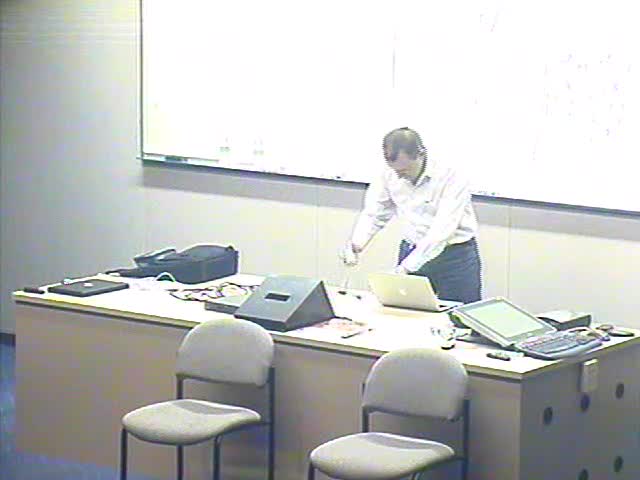Waves, numerics, control, dispersion and dissipation
Presenter
March 4, 2009
Keywords:
- Wave equation
MSC:
- 35L05
Abstract
In this lecture we shall present a survey of recent work on several topics related with numerical approximation of waves.
Control Theory is by now and old subject, ubiquitous in many areas of Science and Technology. There is a quite well-established finite-dimensional theory and many progresses have been done also in the context of PDE (Partial Differential Equations). But gluing these two pieces together is often a hard task from a mathematical point of view.
This is not a merely mathematical problem since it affects modelling and computational issues. In particular, the following two questions arise: Are finite-dimensional and infinite-dimensional models equally efficient from a control theoretical point of view? Are controls built for finite-dimensional numerical schemes efficient at the continuous level?
In this talk we shall briefly analyze these issues for the wave equation as a model example of propagation without damping. We shall show that high frequency spurious oscillations may produce the divergence of the most natural numerical schemes. This confirms the fact that finite and infinite-dimensional modelling may give completely different results from the point of view of control. We shall then discuss some remedies like filtering of high frequencies, multi-grid techniques and numerical viscosity.
Similar questions arise when building numerical approximation schemes for nonlinear Schrödinger equations or in other contexts as when designing, for instance, absorving boundary conditions or developping the method of Perfectly Matched Layers (PML) for the wave equation.
